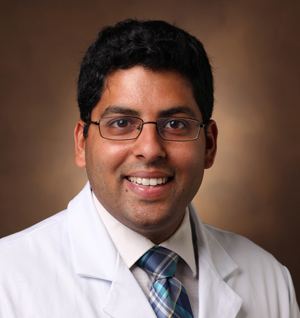
Fabian Bock, MD, PhD, a young physician scientist at Vanderbilt University Medical Center, won two awards at the Basic Research Forum for Emerging Kidney Scientists, presented virtually by the American Society of Nephrology and American Physiological Society.
Bock, an instructor in Medicine in the Division of Nephrology and Hypertension, won both the “Best Oral Presentation” and “People’s Choice” awards for his abstract, “Rac1 promotes epithelial collecting duct repair by maintaining mitotic morphology.”
Bock uses cell biology, state-of-the-art imaging, and in vitro and in vivo approaches to explore cytoskeletal remodeling in kidney development and disease.
Recently he has focused on Rac1, a molecular switch that regulates the cytoskeleton of epithelial cells in the collecting ducts of the kidney. The ducts play an important role in maintaining the body’s electrolyte and fluid balance as well as overall kidney health.
In a study in mice published last year, Bock and his colleagues reported that Rac1 is required to maintain the integrity and function of the collecting duct epithelial cells.
In the current abstract, Bock reported that Rac1 is also critical for repairing the collecting duct epithelium after it has been injured by disease. Understanding the molecular mechanisms controlling the cytoskeleton and cell structure is important for promoting tissue regeneration after injury, he said.
Bock’s coauthors were Olga Viquez, PhD, Eric Sha, Xinyu Dong, Ambra Pozzi, PhD, and Roy Zent, MBBCh, PhD. Zent, the Thomas F. Frist Sr. Professor of Medicine, is Bock’s mentor.
Bock is a member of the Harrison Society, a group of physician-scientists who complete their internal medicine residency clinical training in two years and then spend three years doing research.
He also has received an American Society of Nephrology Ben J. Lipps Research Fellowship and is a Vanderbilt Faculty Research Scholar (VFRS).

















